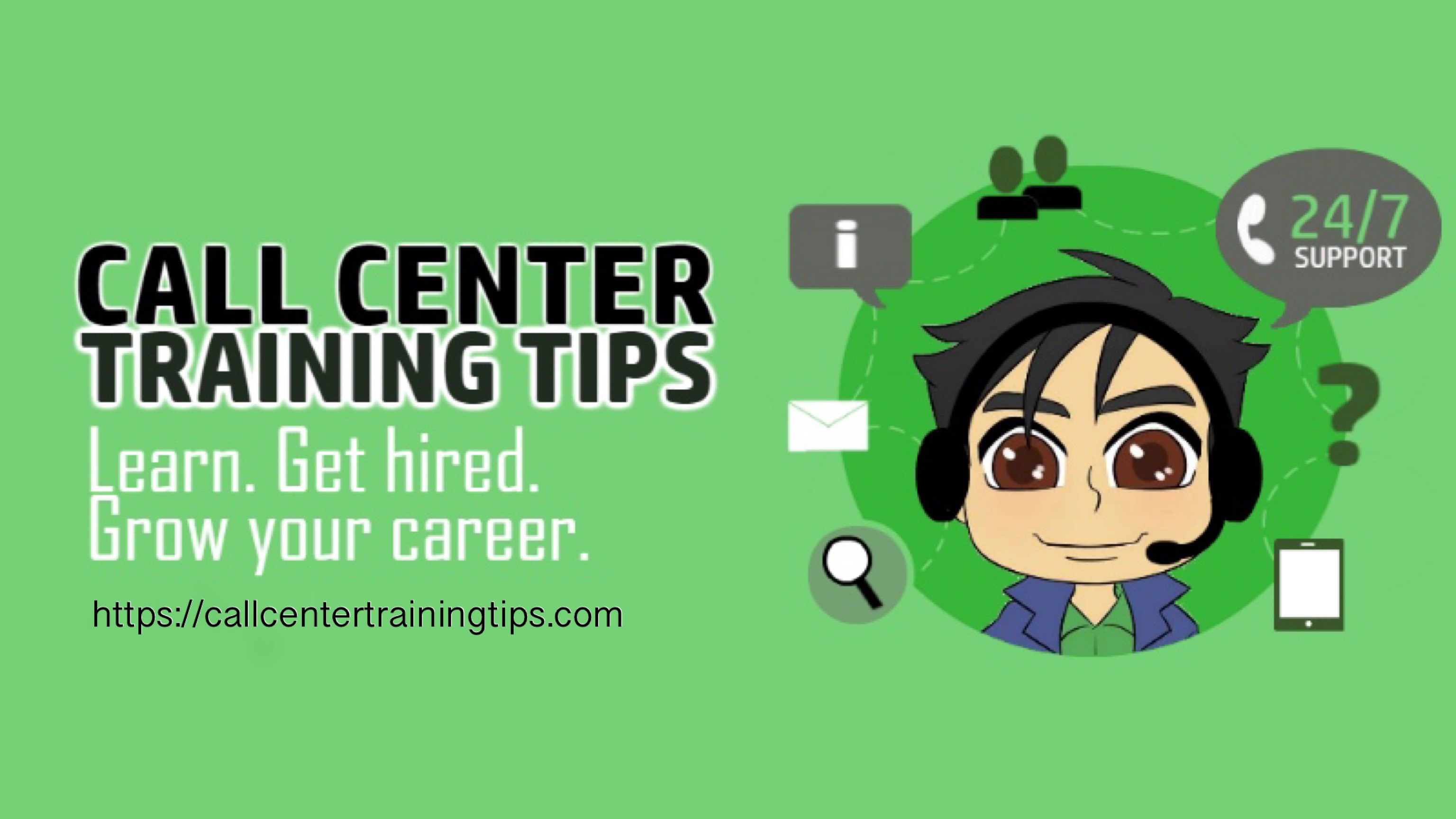
It takes me 16 interviews before I find a job.
I want to find a job opening that’s a great match for my skills.
I want to work for a company that has the budget to pay for my skills.
I find a great job after 16 interviews.
Sixteen interviews are the ratio at my level.
We often feel down after several rejections.
We begin to think that there’s something wrong with us.
Only intelligent people think that there’s something wrong with them.
You’re reading this book for a reason.
You’re a person who tries to learn and grow.
You’re not defective.
Owning this book is proof.
You searched for me on the internet.
You paid the cost of this book.
Your investment counts for something.
I’m here to support you and guide you as you grow.
Companies want people whose skills, personality, and attitude match their requirements.
You also have the same privilege.
Reject companies that don’t match your needs.
Learn to say no to jobs that don’t meet your standards.
Define your standards before you set out looking for work.
Look for another company if you don’t like the offer or the terms and conditions of employment.
If you want to work in a specific company or industry, directly ask the recruiter what you needed to improve on after receiving a “we’ll just call you” response.
It’s easy to back down and wish for your situation to be different.
I’ve been there.
I’ve met thousands of people who’ve backed down from their dream.
The people who surrender become miserable because they suffer, knowing that they deserve more.
I’ve met hundreds of people who blindly didn’t give up.
The people who pushed forward become miserable because they keep failing despite fighting for their dream.
I propose a more intelligent solution.
Choose to be courageous to discover what you lack.
Use the eyes of your recruiter to identify your missing traits.
Work on acquiring the missing traits.
Come back when you are ready.
Failures never give up.
Successful people learn to trade up.
Discover your weakness and put yourself in a better position by learning new skills.
Asking questions show’s that you’re really interested in the job.
At the same time, asking questions demonstrates that your ability to handle criticism and feedback will help you eventually become an asset.
If a company doesn’t pay for the value, you can deliver somebody else will. Never settle.
When I share this attitude in person, people cringe at the thought of walking away from job opportunities.
I can guess that many people believe that opportunities are scarce.
There are more than enough opportunities.
Don’t give up when you hit roadblocks.
I print thirty copies after I finalize my resume when I’m looking for work.
With thirty resumes in hand, I know that I have no right to complain until after I use up each copy of my resume in an interview.
Hesitation will rob you of more opportunities than walking away from bad opportunities ever will.
I also want you to be aware that you close doors to good opportunities if you go with a bad offer.
Company recruiters assume that you want to work for a company when you go to an interview.
My mindset is:
I’m trying to find out if this is a good company to work for. I’m just inquiring.
Having a more neutral attitude puts more odds in your favor.
The people who fail have the mindset:
I’m willing to take anything.
Beggars can’t be choosers.
You are not a beggar.
You are a person looking for work.
Walk away if the offer doesn’t match your needs and negotiations don’t work out.
Do not imitate the attitude of a battered spouse who acts like a martyr.
Pick carefully and understand that no job worth sacrificing yourself for.
Anyway, here’s a summary of the process:
The first five applications suck.
I usually say something stupid, or I just fail the interview.
So it’s okay.
My first five interviews are just practice.
My following five applications are bad companies.
I pass the screening, but this time they don’t pass my screening.
The pay is too low.
The work conditions are bad.
The boss wants suicide bombers, not employees, or something like that.
I walk away from these job offers.
The final five are acceptable or decent.
The interviewers like me, and I seem to like them.
At this point, I pick the best offer.
You don’t want to just pick the first reasonable offer.
You need to compare, so you have a good deal.
Don’t compare job offers with too many, though.
Five good interviews are good enough to choose from.
I often decide after visiting company number sixteen.
Apply, make an offer, get a deal, or walk away.
Repeat about sixteen times.
Thank you for reading this far and thanks for your attention.
I am praying for your success. God bless!
If you made it this far, you should introduce yourself.
Join our weekend English coaching is on SALE for ₱352 a month.
